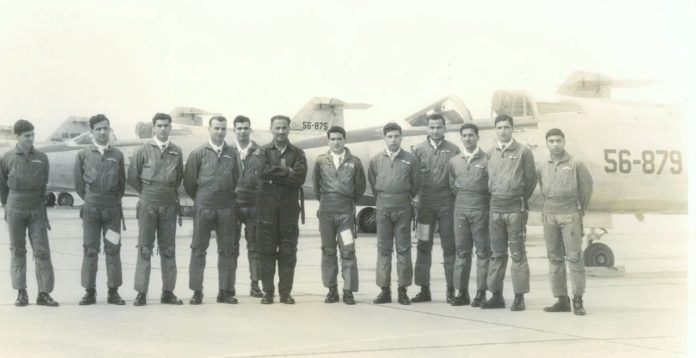The man who for seven decades cast a far-reaching shadow on the Pakistan Air Force is no more. The PAF recognised Air Marshal Asghar Khan’s leadership throughout his lifetime and honoured him with a deeply sombre burial this week. Over the eight years of his air force command, Asghar Khan re-forged the PAF, giving it a distinctive character. After that, all Pakistanis who experienced his leadership gained in some way by his qualities as a military and then political leader, a civil rights activist and a human being.
On Pakistan’s creation, this WW2 fighter squadron commander (just 26 years of age) was given the task of setting up the young nation’s first flying training school at Risalpur. He proudly showed it in April 1948 to the visiting Quaid-e-Azam who, recognising the unit’s importance and Asghar Khan’s work, upgraded it to the level of a college. Reflecting its sound foundations, the institution now called the PAF Academy (and recently named after him) is recognised among the world’s best. Advancing rapidly during the next nine years through top-level staff courses and key operational assignments in the fledgeling force, Asghar Khan now stepped into its highest office.
During the eight years of his command (1957–1965), Air Marshal Asghar Khan re-shaped the PAF to give it a distinctive character that, with the spirited additional reinforcements by all his successors, lasts to this day.
Many in the air force were initially shaken a bit by the stern, unbending standards that Asghar Khan imposed on his service but soon began to enjoy the demanding environment. The new air chief began by giving its first doctrinal inspiration to the PAF. Until then, his British predecessors had popularised a cricket-inspired exhortation that one saw displayed on signboards in all air bases. The slogan asked, “Are You on the Ball?” presumably demanding a confirmation that all of us were alert and instantly ready for any challenge.
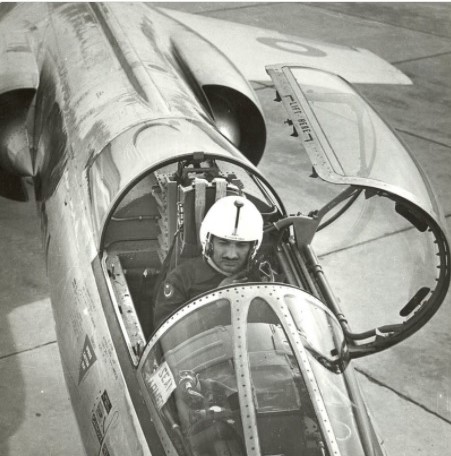
Asghar Khan was more direct and realistic. He too used simple language but chose more relevant and precise words. His dictum for the PAF was as fiery as it was blunt: “Train to fight outnumbered.” This premise was to become central to the PAF’s general and operational doctrines.
Before the focus could transform the operational style of the PAF, all personnel needed first to undergo a change in how they saw the role of their air force in national defence and support of the sister services. Rather than implant a model of the British or American practices among his airmen, Asghar Khan closely interacted with to ingrain the recognition that their nation’s defence problems were unique and that these required original initiatives. The impact of the resulting awareness took some time to set in but eventually, a strong culture emerged where only genuine professionalism and verifiable advocacies began to guide all the decision making. At both senior and junior levels, mediocre leaders began regularly to be identified and eliminated before they could slow down the others. Everyone in blue uniform began to live by the ethic of purposeful hard work, while never being disheartened by failures or by their skimpy resources, and always striving for the highest quality in everything they did.
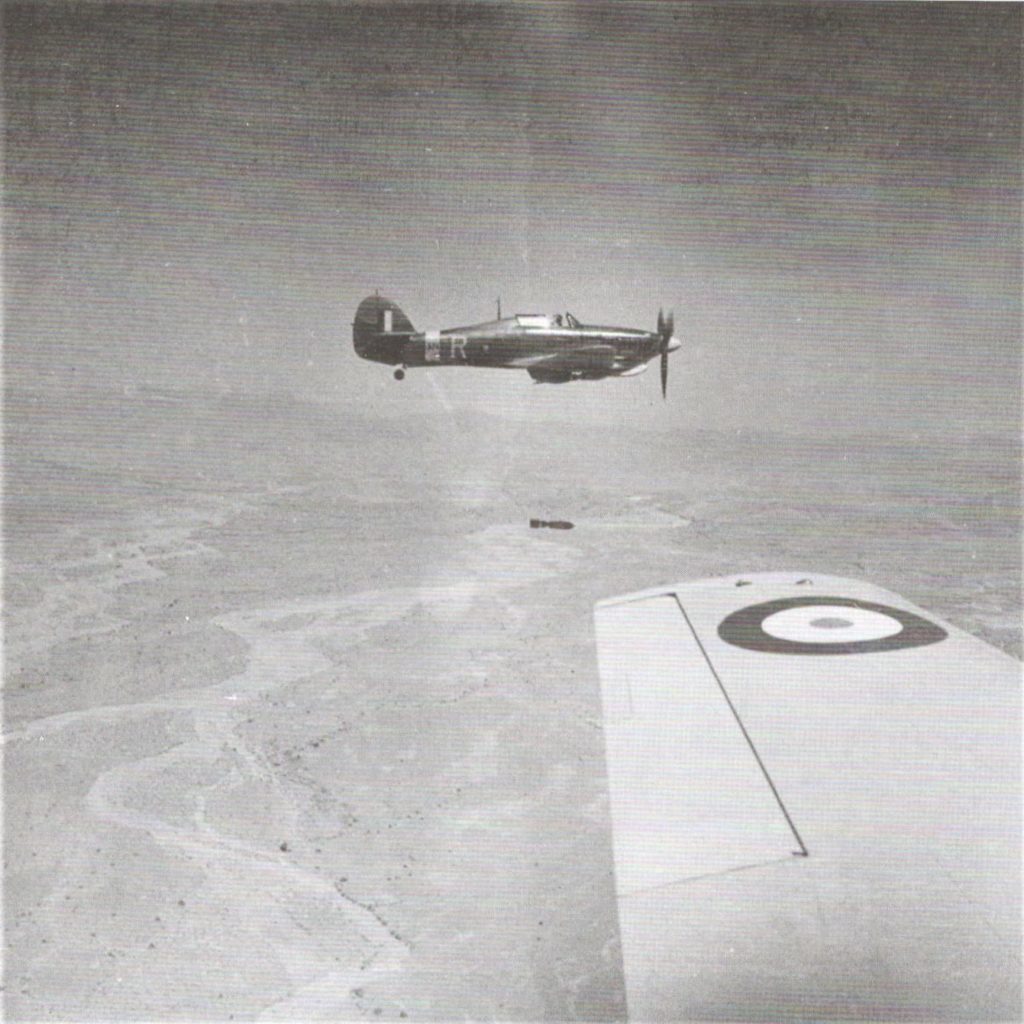
It was thus not easy in the initial years to translate the C-in-C’s operational ideas into credible operational capacities owing to scarce country resources and our noticeably shallow technology base, but everyone learned quickly to find indigenous solutions that were adopted after careful testing. Commanders remained focused and ruthlessly dealt with complacency, ensuring that air and ground crews worked by standards that were not easy to achieve. Asghar Khan was frequently seen in our crew rooms in those days, joining us in quiz tests on the F-86 fighter or the B-57 bomber, both of which he flew as a regular pilot. In the process of our growing self-confidence in internationally competitive military exercises, Asghar Khan was always there closely to observe our performance, shortcomings and their underlying causes.
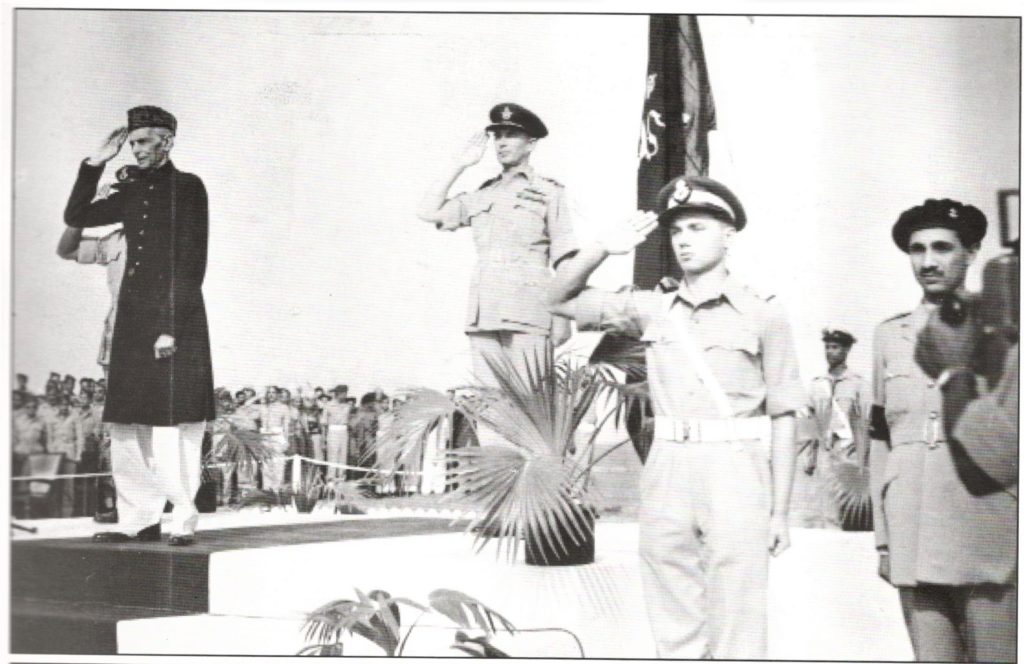
As his doctrine-premise seeped down, it was elaborated in much detail through realistic exercise scenarios, weapon acquisition policies, commander-selection criteria, organisational corrections, training standardisation and the establishment of the Fighter Leaders School (forerunner of today’s Combat Commanders School), of which I was honoured to be a founding member. Consequently, when the 1965 war broke out, the air force was seen to be the most well-trained and effectively applied arm of the national defence. Air Marshal Nur Khan the worthy successor now commanded the air force, but it was Asghar Khan’s PAF that delivered the stunning performance that exceeded everyone’s expectations. A month after his retirement from the PAF, professional observers could see that the way our combat crews and support personnel executed the different parts of the 1965 war plan bore the stamp of Asghar Khan.
In its many updated doctrinal forms, Asghar Khan’s ideas on how the men and women of the air force should think, work and live have become deeply imbedded in the PAF’s professional and community cultures. Those ideas have always resonated strongly with them and have received powerful invigoration from each successive air chief.
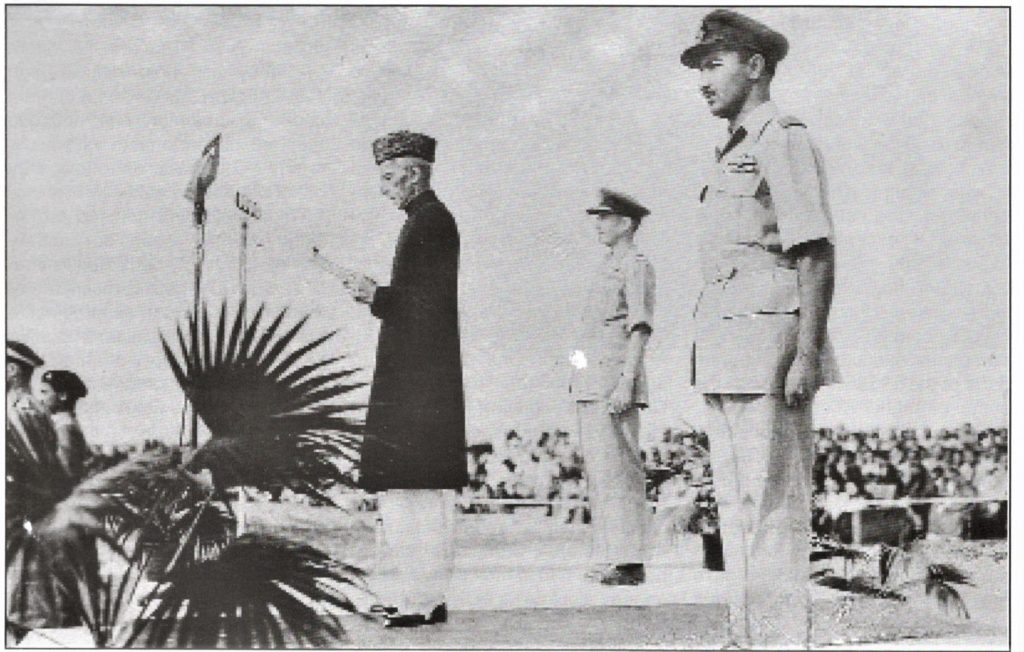
After his retirement, countless Pakistanis in the public domain who experienced his leadership gained in some way by his inspiring example as a political leader, a civil rights activist and a patriot determined to remove our many infirmities. I believe that except for the air force, the country failed to benefit fully from the large presence of Asghar Khan. One has sadly to agree with the late Ardeshir Cowasjee’s comment that “given the environment, the atmosphere that prevails and the mindset of the majority” he was denied a major role in national affairs. Only a few would remember today that many of Pakistan’s prominent current politicians had in their early careers eagerly flocked to Asghar Khan’s political party. There is no doubt that they still hold him in high esteem, even though some of them chose to abandon him because they felt uncomfortable with his integrity-clad conduct and knew they could not always abide by it.
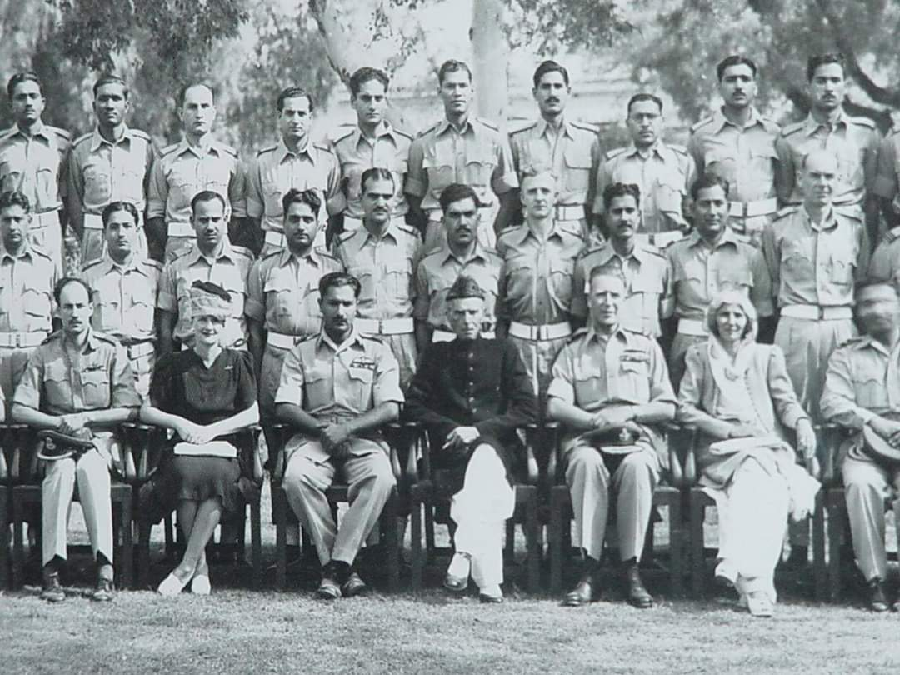
Most Pakistanis admired Asghar Khan as the nation’s exemplary patriot, unfailingly dedicated to public service. Despite his recent retirement from public life, he remained a consistent spade-caller, impunity-challenger, judiciary-shamer and demagogue-deflator, repeatedly rising to fight for the rights of the regular Pakistanis. Many of them also deeply admired the humanity, charm and natural graciousness of the air marshal and his loving wife, Begum Amina Asghar Khan.
Courtesy: The News
The author is a former Chief of the Air Staff (1985-88).


